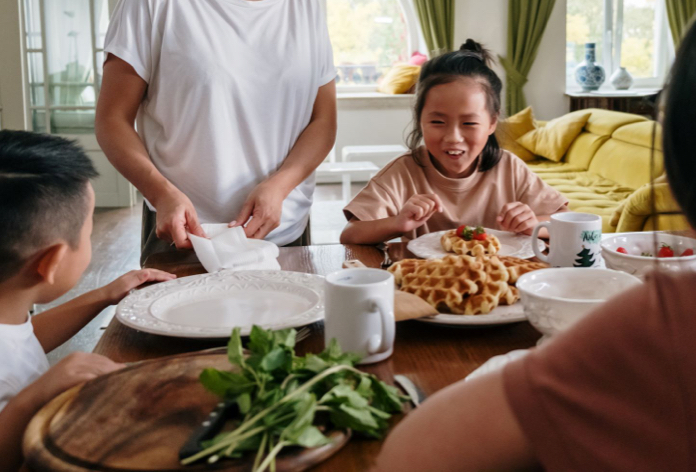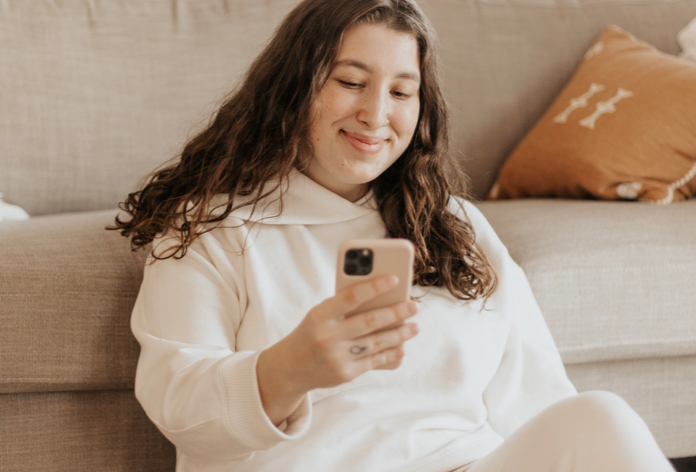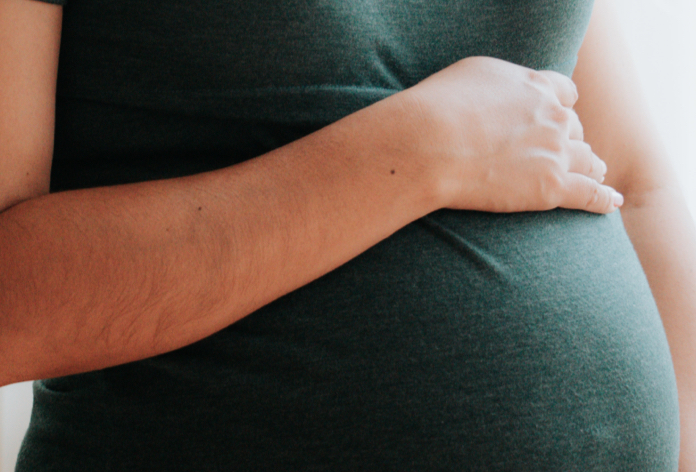
Do you or a loved one struggle with obsessive thoughts about food or body? Have you or a loved one begun limiting your food intake or certain food groups? Are you looking for support in building a better relationship with food or body?
If you are experiencing a strain on your relationship with food, body or exercise, it’s possible you are struggling with Atypical Anorexia. You might be wondering how you can begin your recovery journey. Or perhaps you’re wondering what’s in store once you begin your journey. Let’s shed some light on Atypical Anorexia and how Courage to Nourish can support you in your recovery journey.
What is Atypical Anorexia Nervosa?
Atypical Anorexia is one of the most common eating disorders, but often goes under-diagnosed. Atypical Anorexia has the same warning signs as Anorexia Nervosa, however those with “atypical” anorexia may not experience drastic weight changes following restricting and disordered behaviors. Additionally, if an individual does lose weight through restricting, they might not be considered “underweight” by medical professionals. Even though Atypical Anorexia is more common than Anorexia Nervosa, it often goes undiagnosed due to weight stigma. This is a huge problem in the eating disorder community because Atypical Anorexia has the same medical side effects and health risks as Anorexia – including low heart rate, dizziness, GI issues, hair loss, lack of focus and tiredness.
At Courage to Nourish, we are here to tell you that your struggle and your eating disorder is valid. We are so sorry if you have ever felt invalidated for struggling with your relationship with food and body. We’re here to help.
How We Help Treat Atypical Anorexia Nervosa
Treatment of Atypical Anorexia requires individualized, consistent, and compassionate support. At Courage to Nourish, our dietitians are highly trained to treat all eating disorder diagnoses, including Atypical Anorexia. We are well versed in HAES and intuitive eating, which will support you along your recovery journey. Not only do we work with you or your loved one in individual sessions, but we also collaborate with various members of the treatment team. We also provide text and email support and keep our caseloads small. This can assure you are getting the highest quality of care.
At Courage to Nourish, our dietitians work one on one with our clients and their treatment team to improve eating disorder behaviors, urges and thoughts. We understand that this is a journey and we meet our clients where they’re at, each step of the way, to make changes to develop a better relationship with food. We value trusting and compassionate relationships between our dietitians and their clients. We value safety and a non-judgmental space so our clients are able to process their relationship with food and body in a way that is met with understanding and empathy.
Typical Clients We Work With
FAQs About Atypical Anorexia Nervosa
How do I know if I have Atypical Anorexia?
If you find that you are struggling with your relationship with food, body or exercise in ANY capacity, please note that you absolutely deserve space and time to heal, regardless of the symptoms you’re experiencing. If you suspect you or a loved one has Atypical Anorexia, we’d be happy to help. Contact us today for more information.
How long does it take to treat Atypical Anorexia?
Will I need to follow a meal plan?
How can I help a loved one with Atypical Anorexia?
How can I find support for Atypical Anorexia?
Courage to Nourish is happy to help. Contact us for more information about working with us. We provide both virtual and in person services. If for some reason we are unable to support you, we would be glad to refer you to other resources. You can also read our blog and resources page for more ideas and support on eating disorder recovery.
Have more questions?
About Courage to Nourish
Courage to Nourish is a group of eating disorder specialized dietitians. We have in person locations in Alexandria, Virginia, Columbia, Maryland, and College Park, Maryland. We offer virtual services across the state of Maryland. Virginia, Washington DC, Pennsylvania, and Colorado. We offer individual nutrition therapy. As well as support groups. We would love to guide you in building a better relationship with food.

Interested in finding out more?
Tell us more about how we can help you.
If you would prefer to book online directly rather than a phone call with our team, please click here to start this process.
If you don’t hear from us within 2 business days, please email hello@couragetonourish.com!







